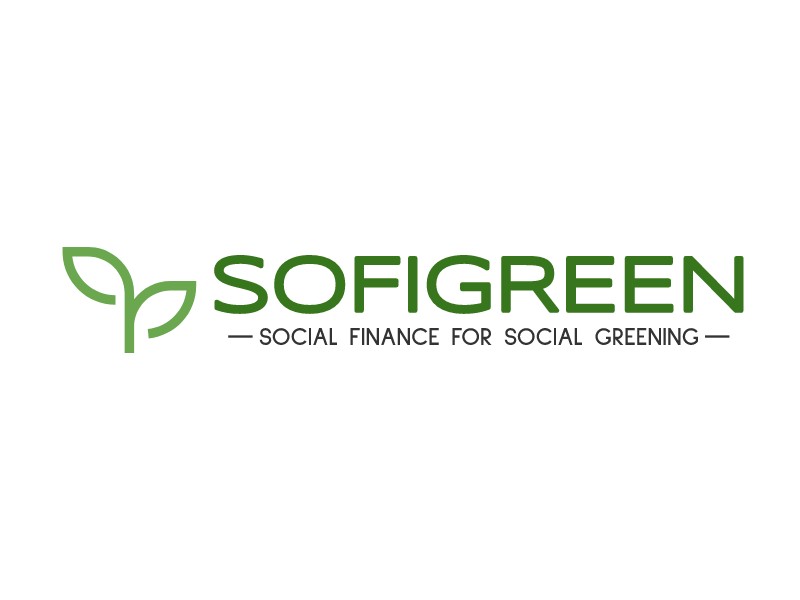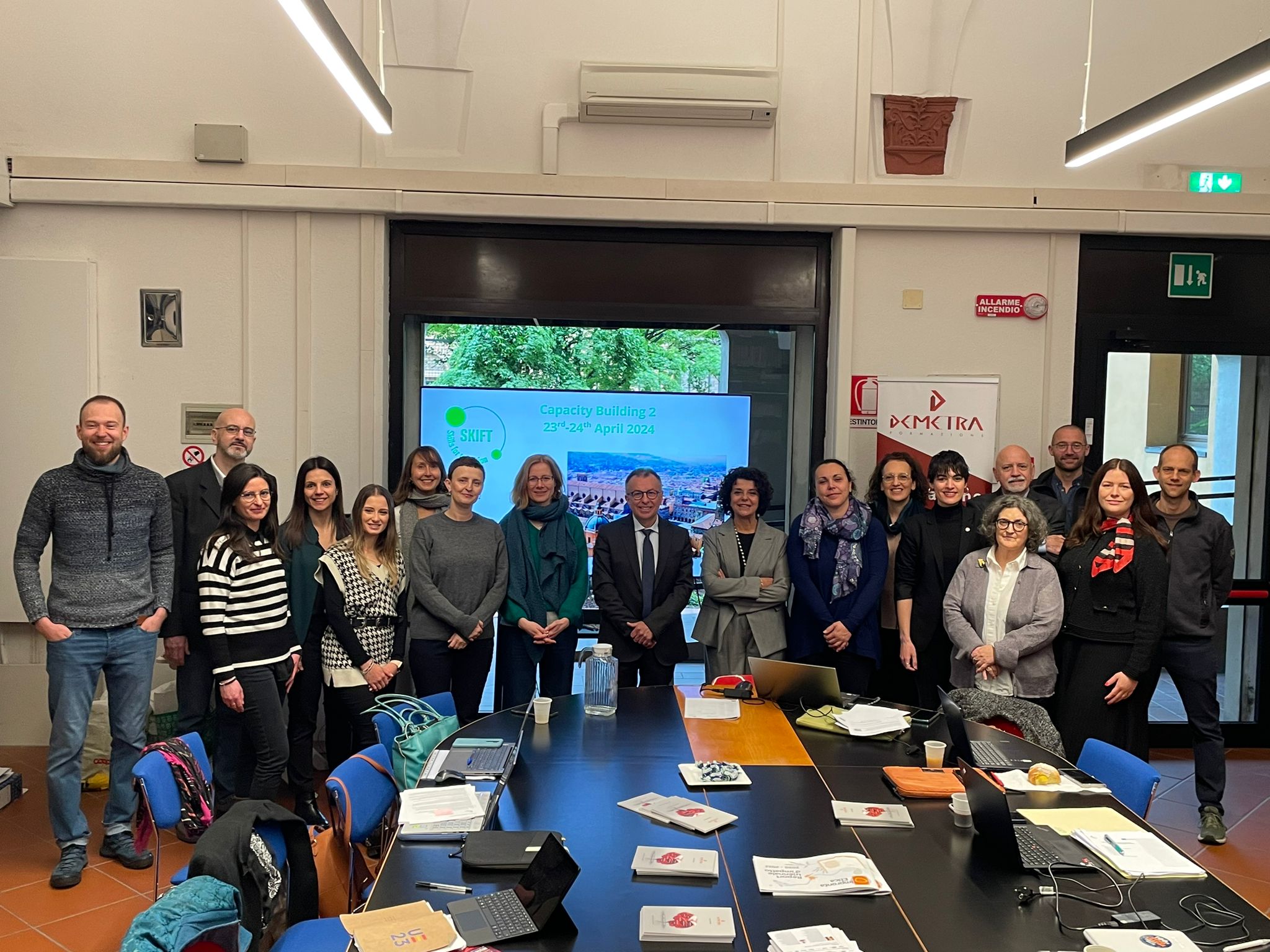REVES is the unique European organisation based on partnership between local and regional authorities and territorial social economy organisations...
Read More
Social Economy Europe, the European platform for social economy organisations, of which REVES is a member, has formulated the following definition:
“Social Economy enterprises and organisations are economic and social actors present in all sectors of society, which are set up in order to meet citizens’ needs. Above all they are characterized by their purpose: a different way of doing business which continuously associates the general interest, economic performance and democratic operation.”
Social economy represents and applies the following values:
- the primacy of the individual and of social objectives over capital;
- the defense and implementation of principles of solidarity and responsibility,
- conjunction of members users’ interests and the general interest;
- democratic control by members;
- voluntary and open membership;
- management autonomy and independence with regard to the authorities;
- surpluses are primarily intended for sustainable development projects, for member services interests and for the general interest.
Yet, a universal definition of «social economy» which is applied in all EU member states does not exist. This is due, for example, to a legal context or statutes of enterprises that differ from member state to member state.
Nevertheless, social economy can generally be defined following the aforementioned values and principles. In some countries, terms such as solidarity-based economy, third sector or third system are used to describe a different approach to entrepreneurship.

 Docs
Docs  Support
Support 






